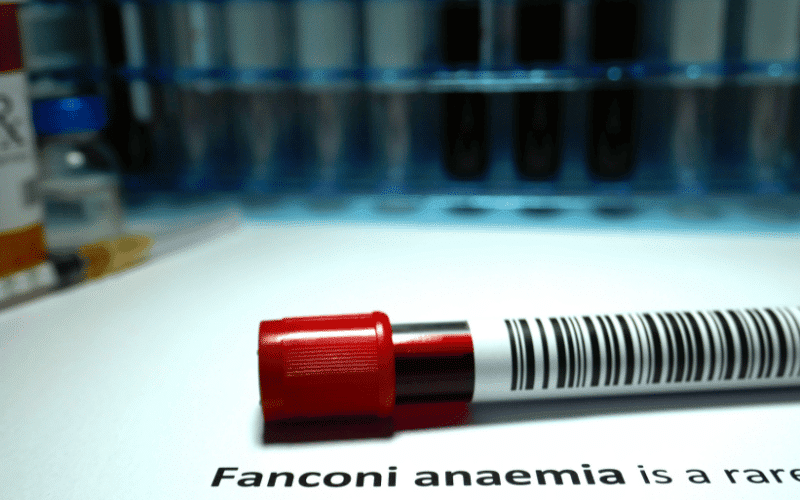9. Fanconi Anemia: A Rare Genetic Disorder

Fanconi anemia is a rare, inherited disorder characterized by bone marrow failure, leading to a decreased production of all blood cell types, including red blood cells. This condition can also cause physical abnormalities, such as abnormal thumbs, short stature, and organ defects. Individuals with Fanconi anemia have an increased risk of developing leukemia and other cancers.
Treatment for Fanconi anemia often involves blood transfusions, growth factors, or androgen therapy to stimulate the production of blood cells. In severe cases, a bone marrow transplant might be necessary. Due to the increased risk of cancer, individuals with Fanconi anemia require regular medical monitoring and screening.
Symptoms of Fanconi anemia can include fatigue, weakness, pale skin, shortness of breath, frequent infections, and easy bruising or bleeding. Additionally, individuals with this condition might display physical abnormalities or developmental delays. Early diagnosis and treatment are essential to manage symptoms and prevent complications.
As Fanconi anemia is an inherited condition, prevention is not possible. However, genetic counseling and prenatal testing can help couples understand their risk of passing the condition onto their children and make informed decisions about family planning. (9)